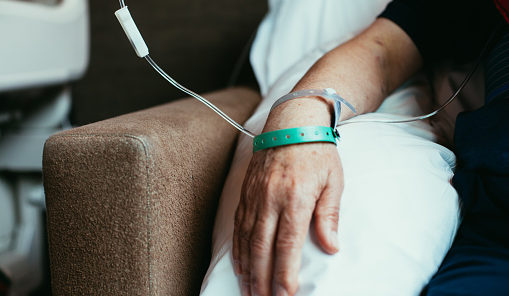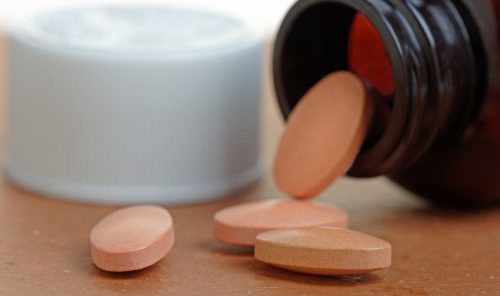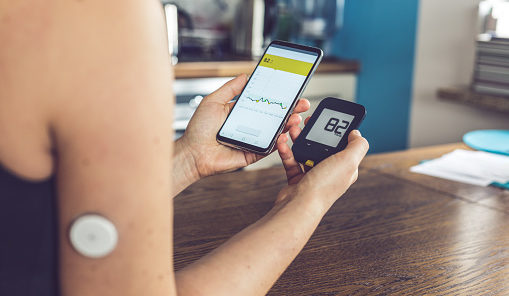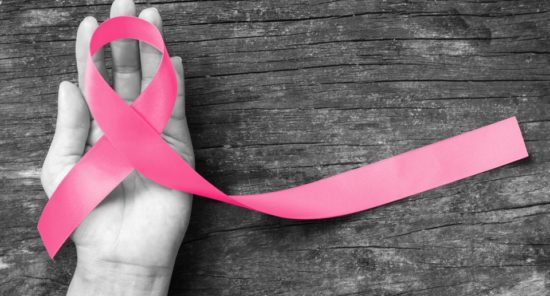
Patients who undergo radical prostatectomy must follow postoperative self-care management guidelines to limit postoperative side effects. A study evaluated the process through which patients can achieve self-care management.
The study included 18 patients recruited from two hospitals in Sweden who took part in qualitative interviews six months postoperatively. Patients were taking part in a randomized controlled trial where they received either standard care (control, n=9) or standard care plus access to an e-Health support program (intervention, n=9). The program used in the intervention group, ePATH (electronic Patient Activation in Treatment at Home), provided patients access to personalized information, registration for self-care activities, and a platform to message their contact nurse. Patients were interviewed either over the phone (n=11) or in person (n=7).
The median age was 68 years (range, 57-77). Patients rated their general preoperative health as excellent (n=2), very good (n=3), good (n=6), or fair (n=3); no patients said their health was poor, and data were missing for four patients.
The first several months following radical prostatectomy were described as “a progression of self-care management through a series of interconnected phases.” Over a six-month period, the phases patients experienced that correlated with increasing self-care management skills were:
- Getting a grasp of the situation. “Some patients found it helpful when self-care was illuminated in different ways, was specific for their condition, gathered in one place, or was presented in manageable amounts. The timing was crucial; for example, information about sexual recovery was often perceived as irrelevant when given at an early stage of rehabilitation.”
- Finding supportive relationships. This was described in two subcategories: creating smooth interactions with initiated healthcare contacts, and being part of a community.
- Getting grounded in the new situation. “Urinary function was emphasized as more important than erectile function, and the self-care activities were viewed as having differing importance. … As the changes did not affect everyday life as much as urinary leakage, self-care activities to regain sexual function took lower priority.”
- Taking command of the situation. “Patients experienced a need to find motivation to manage self-care and take command of their everyday life. The motivation for self-care activities was enhanced by dutifulness, capability, and willingness to follow recommendations from healthcare.”
- Maneuvering feelings about the long-term consequences. “Patients found support in what was communicated by healthcare: that their problems were common and the situation would improve. When patients observed a gradual improvement over time, the hope of further positive developments helped them feel that the self-care they were performing was working.”
The study was published in the February issue of the European Journal of Oncology Nursing.
“Supporting sustained self-care behaviors throughout the recovery trajectory entails tailored and interactive support for patients to get grounded in, and take command of the situation. This could be achieved by providing flexible support from multiple disciplines and integrating support from peers and community,” the researchers wrote in their conclusion.
Credit: Original article published here.









